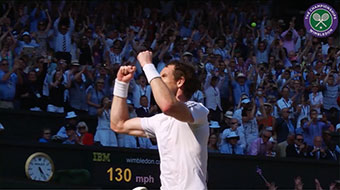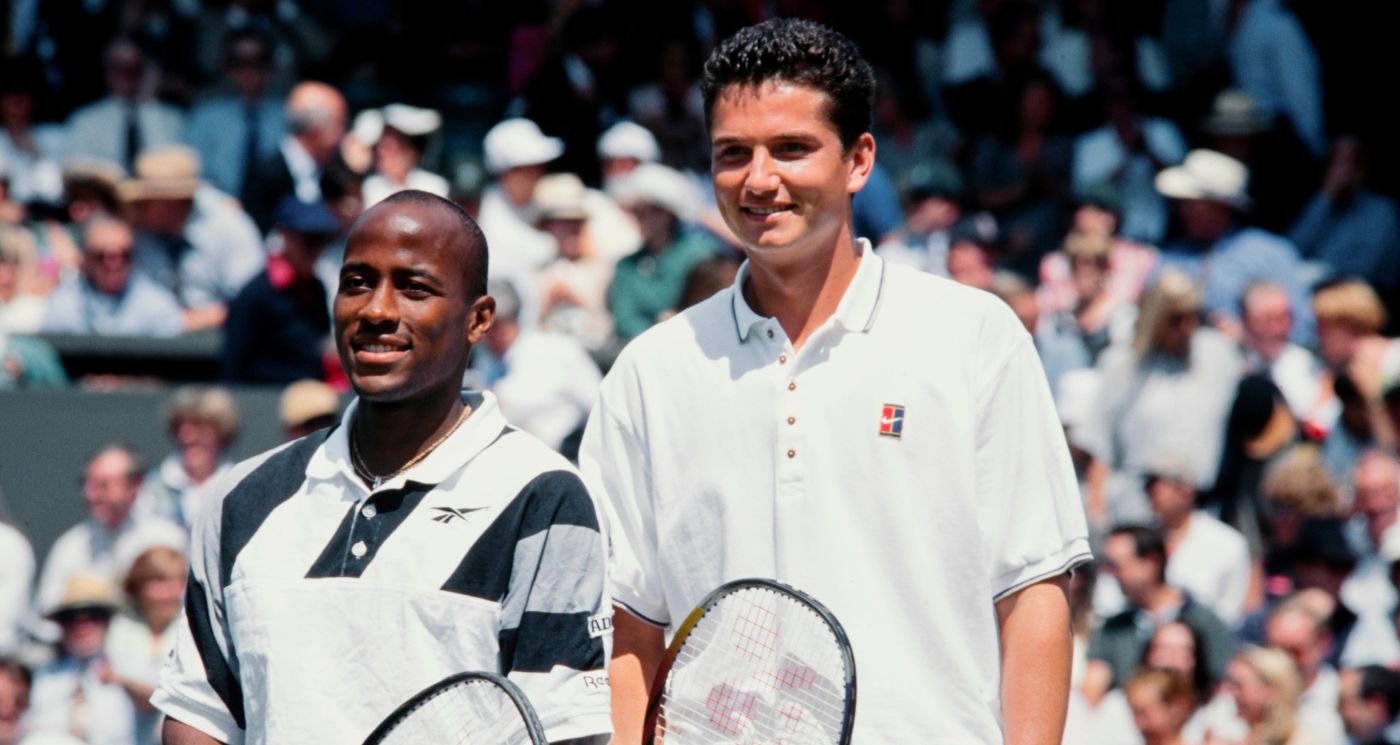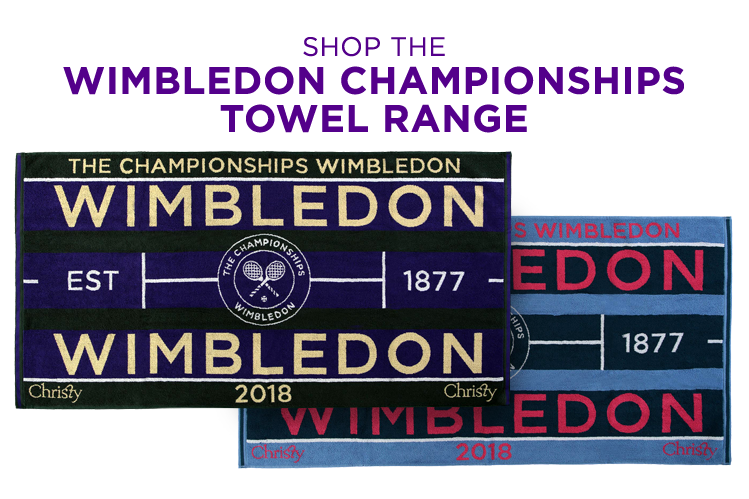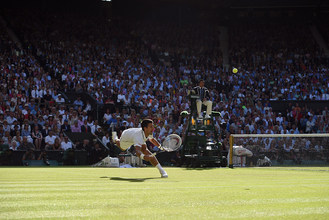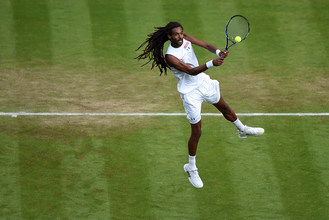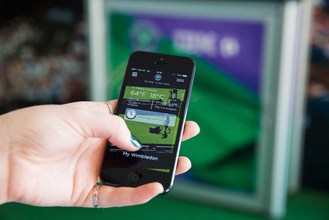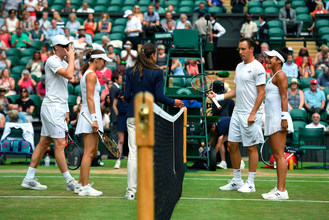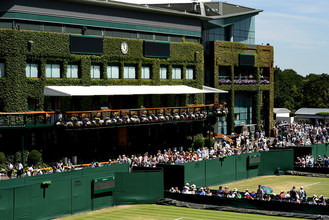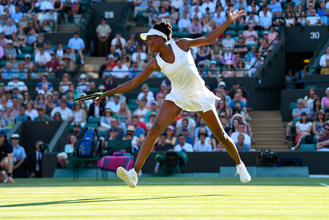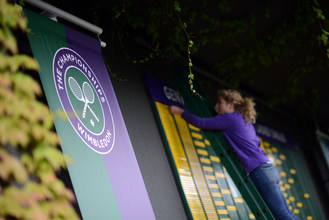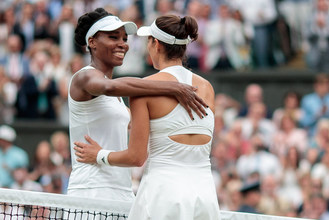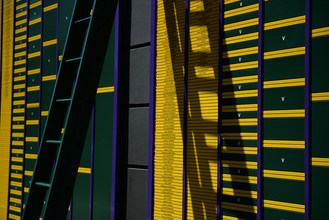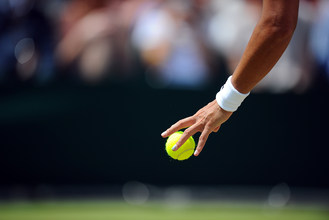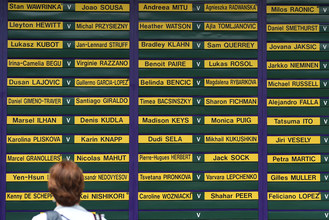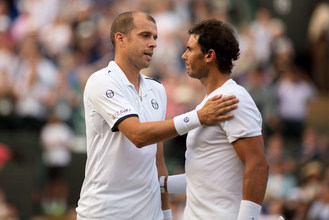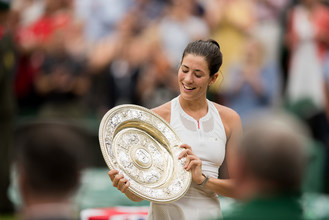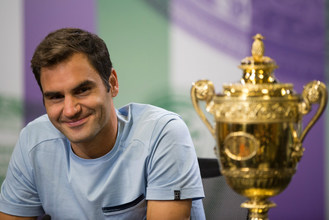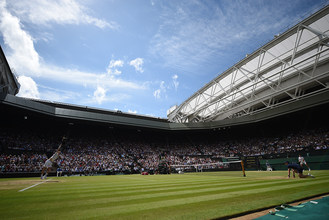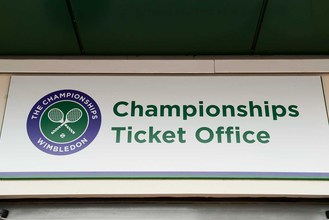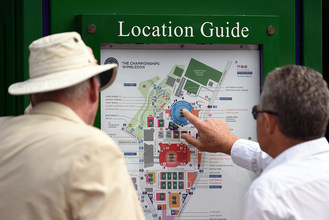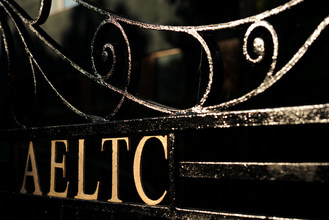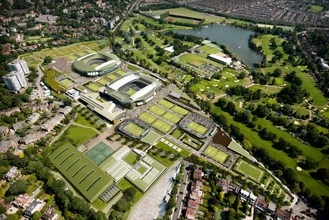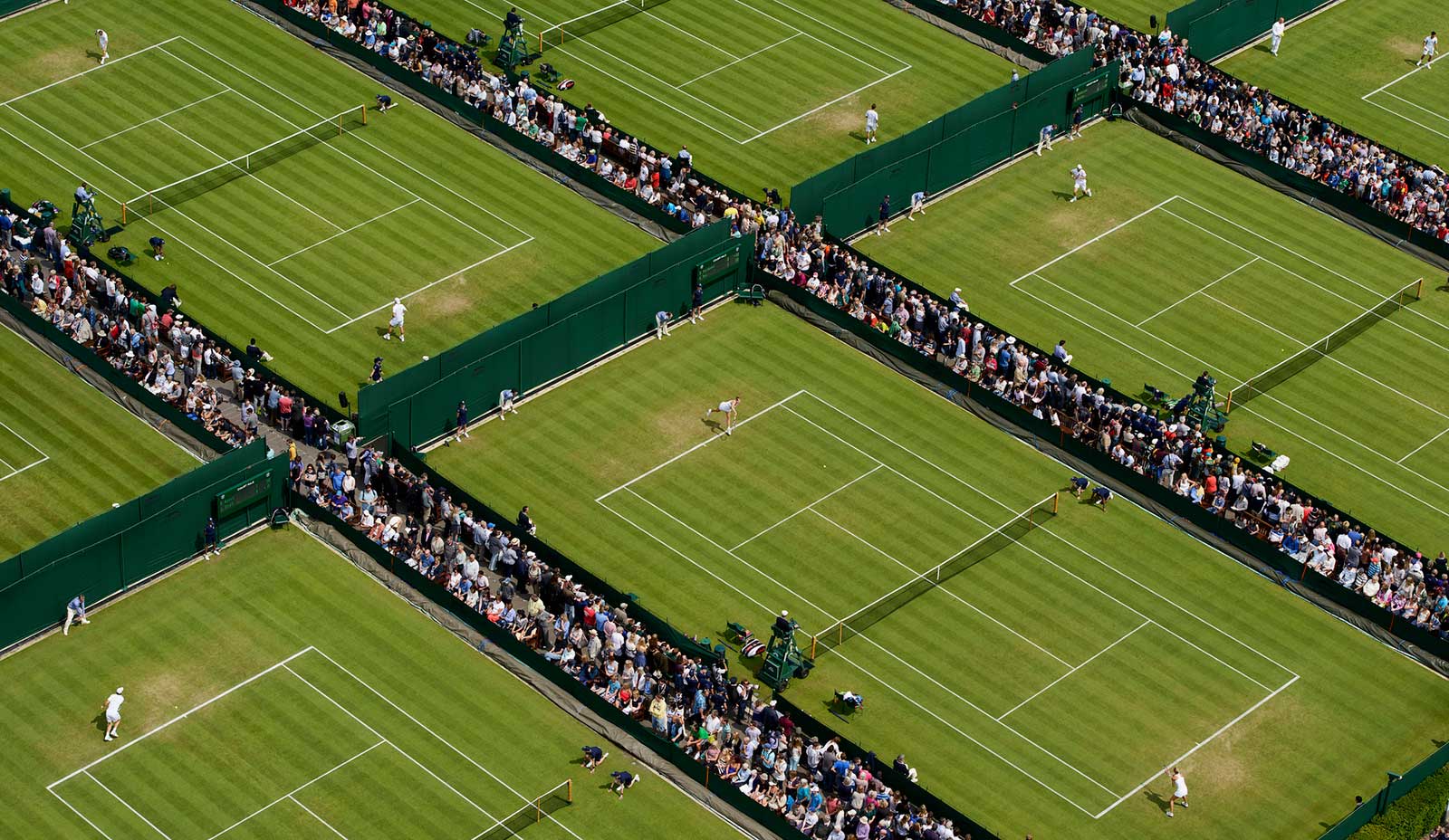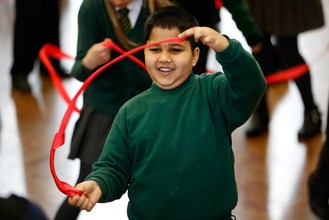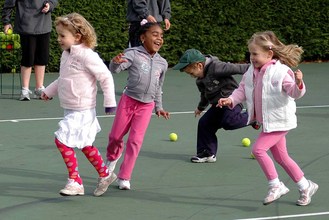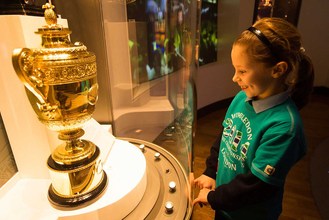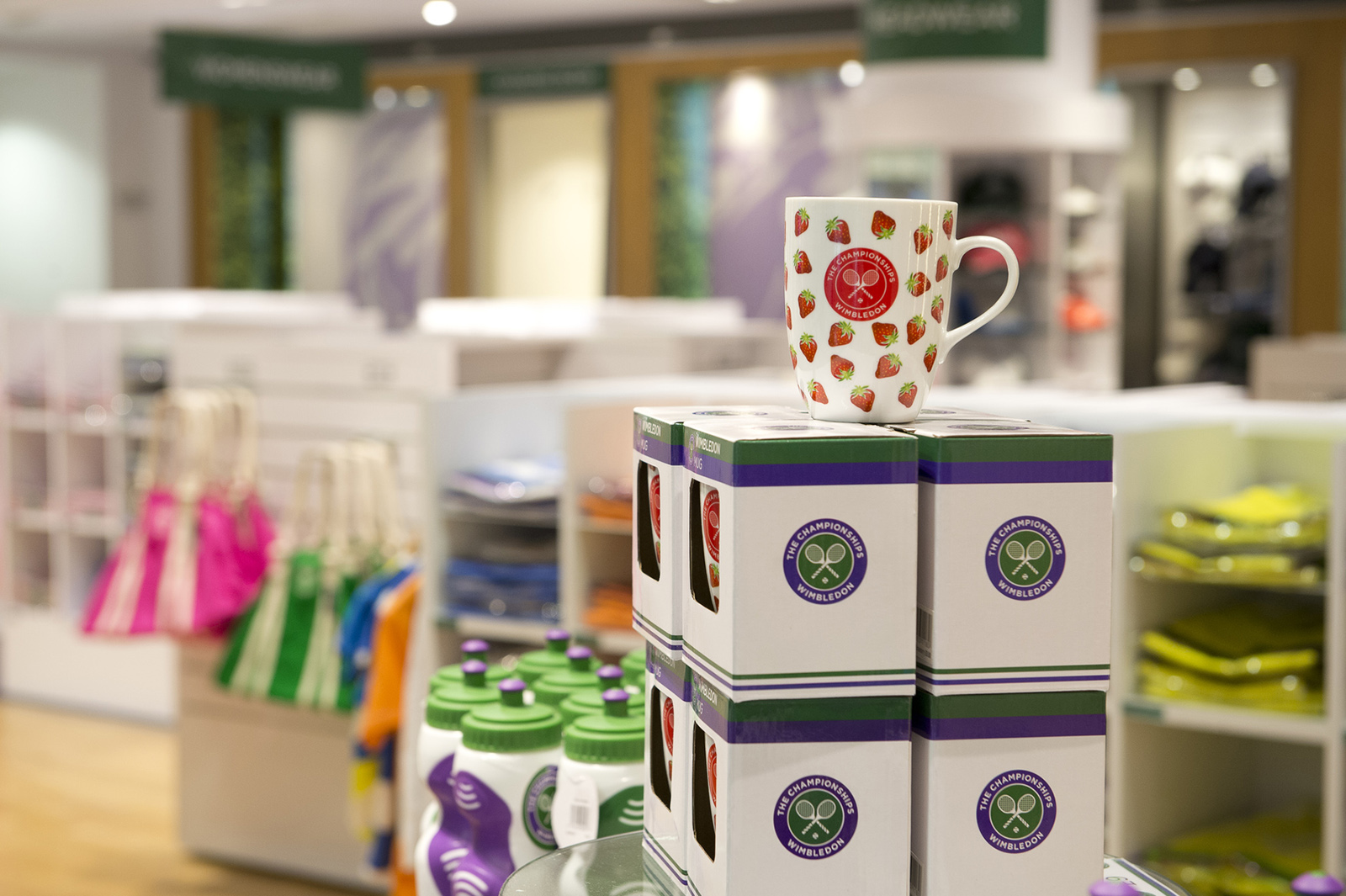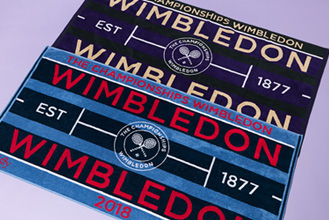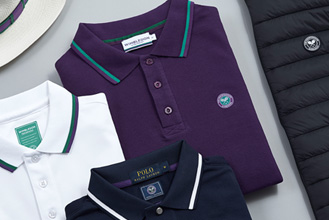MaliVai Washington played in a Wimbledon final and made one of the most famous semi-final comebacks in history but the American’s fondest memory of the All England Club is the moment he walked on to Centre Court for the first time.
Washington had won only three matches in his first six appearances at The Championships, but in 1996 his fortunes changed. “Walking out on Centre Court and knowing that every great player in history had walked on to that court was pretty cool,” Washington told Wimbledon.com as he recalled his semi-final against Todd Martin.
“When I was growing up Bjorn Borg was one of my favourite players. Now I was walking out on to the court where he had played in the final six consecutive years, winning five of them. As I walked out I was trying to stay focused on my game plan, but those little thoughts were running through my mind.”
Washington is the only black player since Arthur Ashe in 1975 to have played in the gentlemen’s singles final. As the world No.20 he was an unlikely finalist and was eventually beaten 3-6, 4-6, 3-6 by Richard Krajicek.
On Washington’s first visit to Europe in 1987 he had reached the quarter-finals of the boys’ singles, despite having played on grass on only one previous occasion. “Fortunately I had a pretty good serve and back then the courts at Wimbledon were pretty fast, so that helped me out,” he said.
On his second appearance in the main draw in 1991 Washington let slip a two-set lead against Ivan Lendl, the No.3 seed, who beat him 4-6, 2-6, 6-4, 6-4, 7-5. Washington recalled: “I remember thinking: ‘How does anyone actually lose a two-sets-to-love lead?’ Even after I lost the third set and the fourth set I felt very good about my chances, but two hours later I was in the locker room out of the tournament.
“One of the things I always admired about Ivan was his work ethic. You don’t become a great player and a Grand Slam champion by giving up when you get down in a match. He just showed on that day – and many other days – what a champion he is.”
Washington always enjoyed playing on grass but until 1996 he had a very modest record at The Championships. “There were a couple of times when I considered – if not for very long – not even playing the grass court season,” he admitted.
“But that thought only lasted about a day. I thought: ‘This is Wimbledon. I don’t care if I lose first round every year at Wimbledon.’ And reaching the final made up for all those first and second-round losses.”
Washington had lost in straight sets to Tim Henman in the first round at Nottingham in his only warm-up tournament in 1996 but felt good going into The Championships, having just beaten Pete Sampras, the four-time champion.
“When you beat Sampras on grass, even if it was just an exhibition match, you have to feel that you’re doing something pretty good,” Washington said. “I went into Wimbledon thinking: ‘Just put previous years behind you. That’s history. Just try to build on what you’ve done in beating Sampras’.”
Washington dropped only one set in his first four matches, beating Richard Fromberg, Thomas Enqvist, Bohdan Ulihrach and Paul Haarhuis to reach the quarter-finals, in which he saved two match points before beating Alexander Radulescu 6-7(5), 7-6(1), 5-7, 7-6(3), 6-4.
Meanwhile the four highest seeds in Washington’s half of the draw – Boris Becker, Andre Agassi, Jim Courier and Yevgeny Kafelnikov – had all gone out before the fourth round. Washington said: “I remember thinking: ‘This is an opportunity for someone to maybe get through to their first Wimbledon final.’ I was in that position, as was Todd Martin.”
Martin, a big server and a fine grass-court player, led 5-1 in the final set of the semi-final before his good friend staged a thrilling comeback to win 5-7, 6-4, 6-7(6), 6-3, 10-8. “Todd admitted later that he got tight,” Washington said. “When he was serving at 5-1 I told myself: ‘Let’s see if he can serve it out. Don’t give it to him. Let’s see if he has what it takes.’
“I broke his serve, held mine and then told myself again: ‘Let’s see if he can serve it out.’ The crowd were in a frenzy. I think the crowd often favours the underdog or the player who is on the brink of a big comeback. And for the player who has lost that big lead, the louder the crowd gets, the more pressure there is.
“But even to this day I still can’t explain exactly why and how I won that match. I just never gave up and he opened the door to let me back in it. Somehow I was able to keep my nerve and play well enough to win.”
He added: “For a number of years afterwards I never felt it was my place to bring that match up in conversation with Todd, but he and I were out playing golf one day and he mentioned it and made a joke about it. From there on I felt comfortable talking to him about it.”
Both Washington and Krajicek were all smiles before the final when Melissa Johnson, a member of Wimbledon’s temporary catering staff, did a streak across Centre Court during the pre-match photographs. Just an hour and a half later Krajicek was smiling again after winning 6-3, 6-4, 6-3.
“He served me off the court,” Washington recalled. “He played better than anyone in the tournament and had beaten Sampras and Michael Stich. When you serve as well as he did it puts so much pressure on the opponent.”
Washington never played at The Championships again. He suffered a serious knee injury seven months later and retired after two operations. Now a real estate investor, he gives much of his spare time to the MaliVai Washington Youth Foundation, which he set up more than 20 years ago to support inner-city children and has helped more than 20,000 youngsters.
“We started really as a tennis programme but now we’re more of an education and life skills-based programme with a tennis component,” Washington said.
The Wimbledon runner-up made a rare appearance on the court last week in a pro-am event to raise funds for the foundation. “The more I play the more I realise that my game is going down a little bit,” he smiled. “But fortunately when I play in the pro-ams I like my chances against the amateurs.”
NoSuchKey
